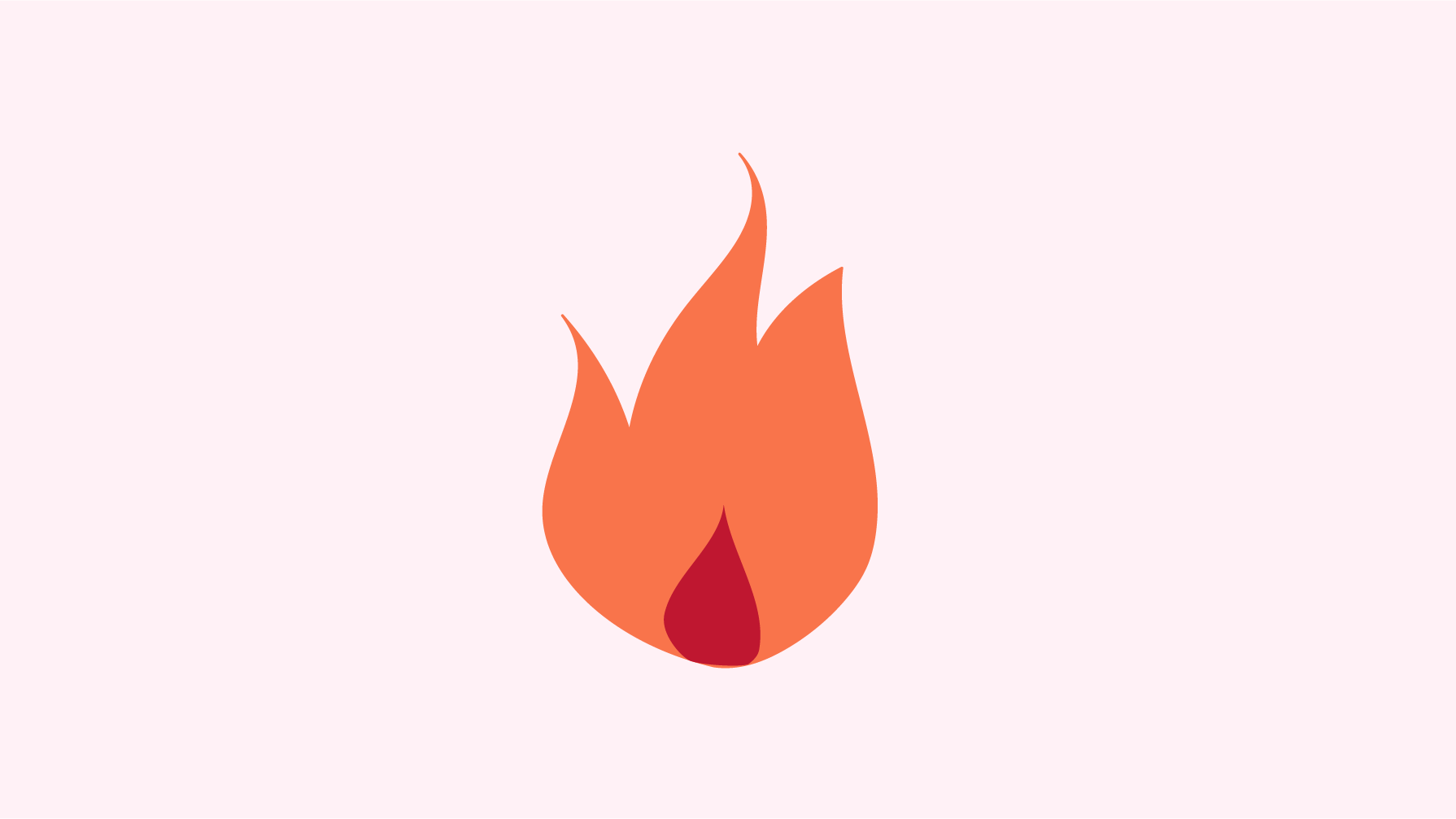A Roth IRA vs. a 401K: Exactly What to Consider
Where to stash your cash.

Often in personal finance, you’ll hear something like, “It’s called personal finance because it’s personal,” which you might think is a dodge on giving a straight answer. But it’s true: Everyone’s life situation is different, so what works for me and my goals won’t work for you and yours. But there are some universal rules you should know about. Here's your no-bullshit guide to Roth IRAs and 401ks—exactly they they do, which you should invest in, and how.
If you can swing it, both. The 2019 maximum for an eligible individual is $6,000 ($7,000 if you’re 50 or older) for a Roth IRA—eligible meaning your MAGI, or modified adjusted gross income, is less than $122,000.
You can contribute a reduced amount if you make more than that, but less than $137,000. And if you make even more than that, there’s still a way you can contribute, which I’ll get to later.
You put in money, ideally it grows, and when you take it out (starting at 59 ½ years old), it’s tax-free. Your money was already taxed when you put it in, unlike in a traditional IRA, when you might get a tax deduction for contributing depending on your income but whose withdrawals are taxed, so the government is going to get its money now or later.
Here’s another thing you can do with Roth IRAs: if you need the money before turning 59 ½, you can withdraw money you contributed (but not the earnings) with no penalty as long as the account has been open for five years; because of this, some people consider a Roth IRA their emergency fund. You can also withdraw, penalty-free, a maximum of $10,000 toward the purchase of a first home (again, if you’ve had it for five years.)

Since the government already took its share via taxes, they’re done with you, so you never have to take it out if you don’t want/need to, in which case, you have lucky beneficiaries. (Tip: Designate beneficiaries. Even if your will says to give it to someone else, beneficiaries trump your will. This happened to someone I know.)
What about 401ks?
If your employer offers one, the 2019 max contribution is $19,000 ($25,000 if you’re 50 or older). Money you contribute is not taxed now—the government will take its cut when you withdraw, which you can start at 59 ½. But they want those taxes you’ve deferred for years, so you have to take out money starting at 70 ½ years old, called required minimum distributions (RMDs).
Get exclusive access to fashion and beauty trends, hot-off-the-press celebrity news, and more.
Sometimes, employers offer a match. You put in some amount, they put in some smaller amount up to a certain limit, for example 50 percent up to 6 percent. So if you can, contribute up to the amount they match to get some free money. Who doesn’t like free money?
There are charts out there that suggest an order to fill up savings buckets, most of which are variations on something like this:
- Fund an emergency fund.
- Contribute to 401k up to company match.
- Max out HSA (health savings account, which is different from an FSA, or flexible spending account, and requires a high-deductible health plan. Count me a fan of HSAs).
- Max out traditional IRA or Roth IRA.
- Back to contributing to 401k until maxed out.
- Contribute to a taxable account (e.g. investment/brokerage account).
People can get discouraged because they can’t get past step 1 or they think all of this is confusing, and I get that. I hope you don’t get so discouraged that you don’t try—just do what you can. Slow progress is still progress.
If you can’t contribute to a Roth IRA because your income’s too high, here’s how you can, in what’s called a backdoor Roth IRA: Contribute to a non-deductible traditional IRA. The very next day, convert it to a Roth IRA. There’s little chance you made so much money overnight to trigger tax. If you wait awhile before converting and your original money made any money, you will be taxed on any earnings come tax filing time. (Note: There will be tax consequences if you already have a traditional IRA.)
For more stories like this, including celebrity news, beauty and fashion advice, savvy political commentary, and fascinating features, sign up for the Marie Claire newsletter.
RELATED STORIES


Riza Cruz is an editor and writer based in New York.

